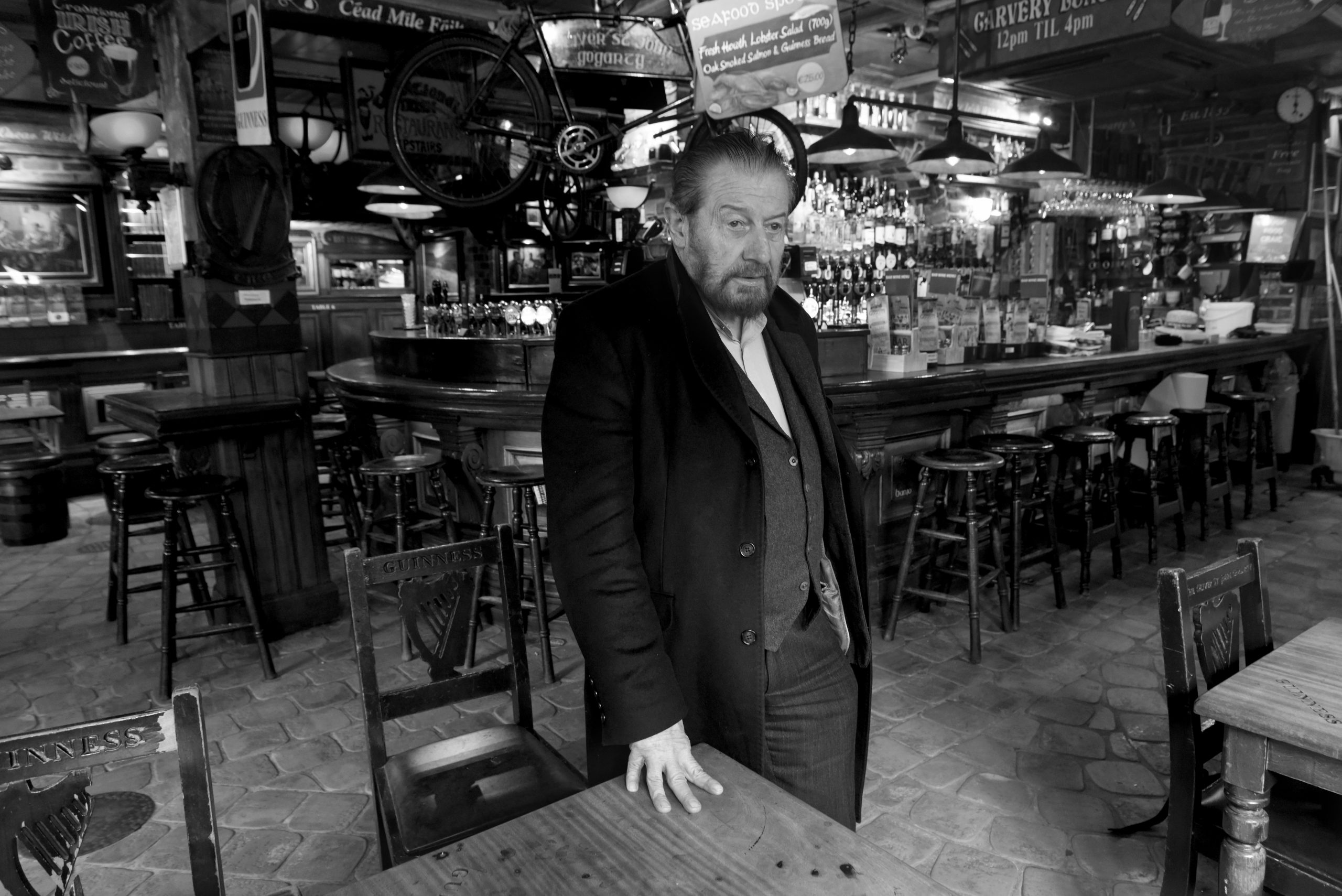Six decades. That is how long Martin Keane must go back to remember the last time pubs shuttered on St Patrick’s Day in Ireland. Keane’s father was a barman, and, even today, Keane has a recollection in his mind of pubs closing when he was a young child. “St Patrick’s Day was treated like it was a Good Friday,” he says. “I am not sure how long ago that was but I was a nipper. I am 72 now so it was quite a while ago.” Keane has been in the pub industry for 34 years and owns the iconic…
Cancel at any time. Are you already a member? Log in here.
Want to read the full story?
Unlock this article – and everything else on The Currency – with an annual membership and receive a free Samsonite Upscape suitcase, retailing at €235, delivered to your door.

